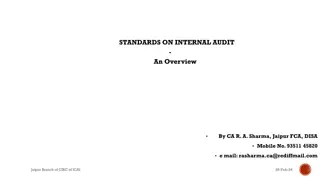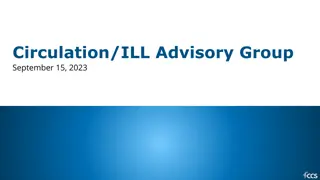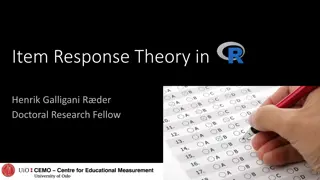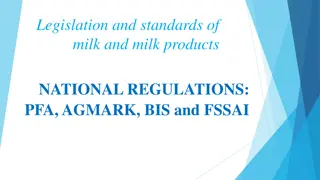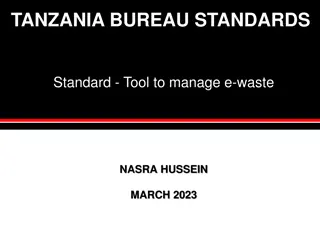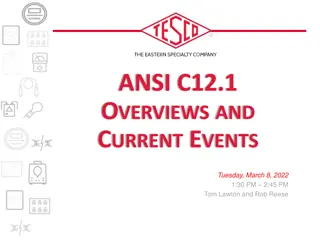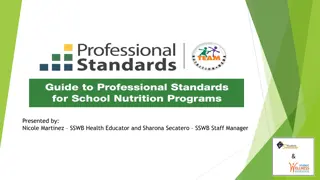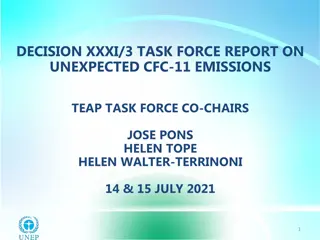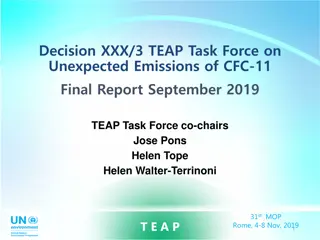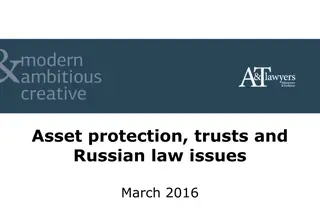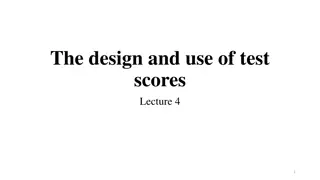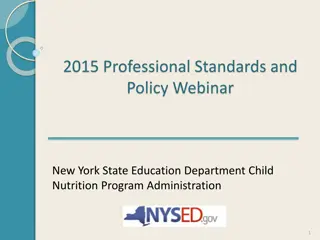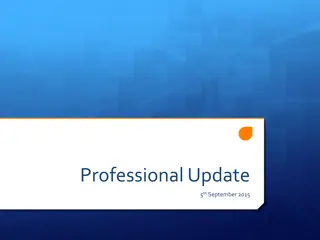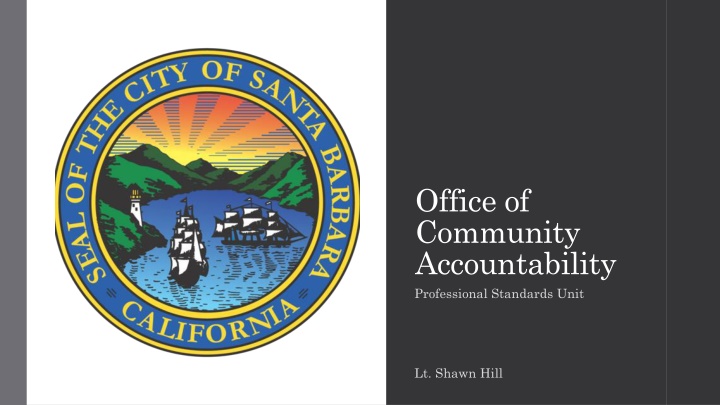
Public Safety Officers Bill of Rights Act Investigations
Explore the history, legal codes, and process of investigations under the Public Safety Officers Bill of Rights Act (POBRA). Learn about the intersection between POBRA and internal investigations, how complaints are received, and the steps of an investigation.
Download Presentation

Please find below an Image/Link to download the presentation.
The content on the website is provided AS IS for your information and personal use only. It may not be sold, licensed, or shared on other websites without obtaining consent from the author. If you encounter any issues during the download, it is possible that the publisher has removed the file from their server.
You are allowed to download the files provided on this website for personal or commercial use, subject to the condition that they are used lawfully. All files are the property of their respective owners.
The content on the website is provided AS IS for your information and personal use only. It may not be sold, licensed, or shared on other websites without obtaining consent from the author.
E N D
Presentation Transcript
Office of Community Accountability Professional Standards Unit Lt. Shawn Hill
Objectives Short History of POBRA Complaint Process Anatomy of an Investigation
Goes by many names: AB 301, POBAR, etc. Public Safety Officers Bill of Rights Act Introduced in 1974, effective 1977 Early Conception from LAPD Police Protective League and Peace Officer Research Association of California (PORAC) ACLU was one of the larger supporters of the Act The Act was an attempt to rectify gross abuses of power by the internal investigative departments of LAPD
Legal Codes POBRA is primarily covered under California Government Code 3300- 3312
The Intersection Between POBRA and Internal Investigations Most of the laws required under POBRA relate to how the officer interviews are conducted: Right to representation Reasonable hour Informed of their constitutional rights (for offenses that may be criminal) Informed of the nature of the investigation prior to interrogation Shall not be subjected to any punitive action for exercising their rights No more than two interrogators at one time Not subjected to offensive language, etc.
Available online (smart phone compatible) Forms available in the PD lobby How does our Department receive complaints Can make complaints over the phone Can make anonymous complaints Can meet with the Watch Commander or Supervisor in person Receive complaints by mail Internally generated (observed by employee or supervisor)
Online Complaints
The Process of an Investigation Incoming complaint Internal (employee) External (community member) Reviewed by Community Accountability for determination of process Remain in PSU or assigned to Division supervisor Investigation completed (required within one year) Forwarded to employee s manager for recommended finding and discipline Forwarded to Division Commander who makes finding and determines discipline Chief conducts Skelly hearing if requested Returned to PSU for filing
Anatomy of an Investigation Assigned to an investigator Review the complaint Identify potential policy violations (or lack thereof) Identify potential criminal violations (or lack thereof) If yes, separate criminal investigation is initiated Most often contact the complaining party for follow up questions and to share contact info. Identify and collect potential evidence (MAV recording, private video, reports, etc.) Identify and interview potential witnesses (recorded and saved) Interview subject officer(s) Write reports on investigation Complete Investigation reviewed by Community Accountability Lieutenant (who oversees PSU)
Anatomy of an Investigation (contd) Forwarded to Manager of employee (lieutenant or professional staff manager) Manager reviews and makes recommendations for finding and discipline (if applicable) Forwarded to Captain for findings and discipline (if applicable) Captain notifies subject employee of finding Skelly hearing if requested by employee Discipline or Training implemented Returned to PSU for filing Complainant notified of result
Unfounded- When the investigation discloses that the alleged acts did not occur or did not involve department members. Complaints that are determined to be frivolous will fall within the classification of unfounded (Penal Code 832.8). Exonerated- When the investigation discloses that the alleged act occurred but that the act was justified, lawful and/or proper. Findings Not sustained- When the investigation discloses that there is insufficient evidence to sustain the complaint or fully exonerate the employee. Sustained- A final determination that the actions of an employee were found to violate law or department policy.
Discharge of a firearm at a person Use of force resulting in great bodily injury or death PC 832.7 makes PSU investigations confidential, except: Sustained finding of sexual assault Sustained finding of dishonesty


